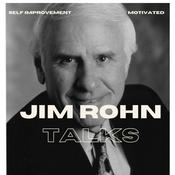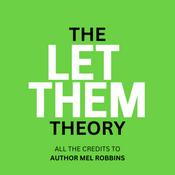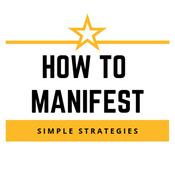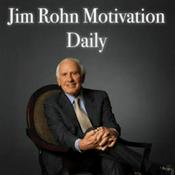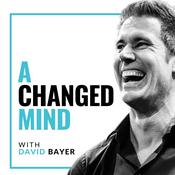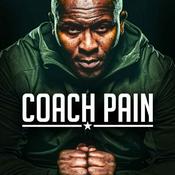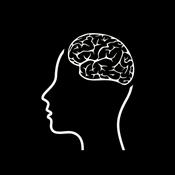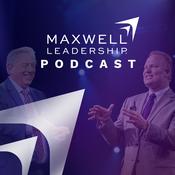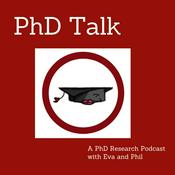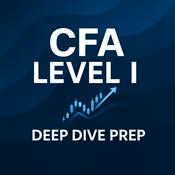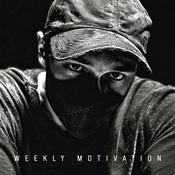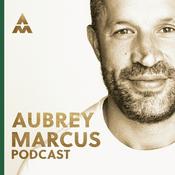Counselor Toolbox Podcast with DocSnipes
Dr. Dawn-Elise Snipes
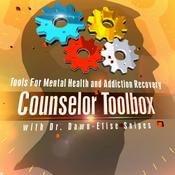
Latest episode
1052 episodes
- 00:00 Welcome & Overview
01:00 Who Are Caregivers?
03:00 Impact of Caregiver Stress
06:00 Circadian Rhythms & Hormones
11:00 Sleep Disruption in Caregivers
13:00 Pain, Injuries & Ergonomics
18:00 Poor Sleep & Stress Response
21:00 Physical Energy & Hypervigilance
25:00 Emotional & Cognitive Strain
31:00 Nutrition, Hydration & Self-Care
39:00 Chronic Diseases & Delayed Care
45:00 Inflammation, Immunity & Gut Health
49:00 Interventions for Burnout Prevention
55:00 Practical Tips & Self-Reflection
58:00 Audience Q&A & Community Support
01:01:00 Closing & Next Steps
Learn more about your ad choices. Visit megaphone.fm/adchoices - 00:00 Is Your Inner Child Sabotaging You?
00:42 Understanding the Anxious Inner Child
01:30 Origins of Inner Child Triggers
02:19 Stress Response and Mental Health
03:14 Hormones, Neurotransmitters & Mood Swings
04:00 Physical Effects: Tension & Inflammation
04:46 Self-Esteem, Trust, and Relationships
05:59 Emotional Distress & Dysregulation
07:09 How Inner Child Work Helps
08:14 Cognitive Rigidity Under Stress
09:13 The Inner Critic and Old Beliefs
10:10 Managing Environmental Triggers
11:21 Breaking the Autopilot Cycle
11:59 Responding to Your Inner Child Compassionately
12:59 Healing, Growth, and Positive Change
Learn more about your ad choices. Visit megaphone.fm/adchoices - 00:00 Introduction & What is the Inner Child?
00:26 Origins: Childhood Memories and Experiences
01:13 Secure Attachment: Definition and Benefits
02:47 How Secure Attachment Shapes Self-View
03:10 Cognitive Patterns in Childhood
03:45 Chaos, Attachment, and Internalized Beliefs
04:54 Fight, Flight, Freeze, Fawn, and Flop Responses
08:00 Chronic Stress and Its Impact on Development
09:03 Recognizing Power and Safety in Adulthood
10:04 Challenging Childhood Expectations
10:44 Emotional Regulation and Problem Solving
11:30 Erikson's Stages of Psychosocial Development
14:44 Inner Child Triggers in Adult Life
15:17 Healing the Inner Child: Processing & Growth
16:41 Practical Example: Overcoming Childhood Messages
17:03 Resources and Community
17:35 Reconnecting and Integrating the Inner Child
Learn more about your ad choices. Visit megaphone.fm/adchoices - 00:00 Introduction to Oxytocin
00:28 Why Oxytocin Matters: Key Health Benefits
01:52 What is Oxytocin? Role in the Brain
02:59 Oxytocin and Survival: Bonding and Threat
03:17 Oxytocin’s Impact on the Nervous System
04:07 Stress Reduction, Safety, and Oxytocin
05:06 Therapeutic Applications: Animal-Assisted Interventions
06:07 Circadian Rhythms and Sleep Improvement
07:12 Oxytocin and Sleep Quality
09:05 Physical Healing, Immunity, and Stress
09:56 Anti-inflammatory Effects and Immunity
13:05 Gut Health and Nutrient Absorption
16:04 Oxytocin’s Role in Nutrition and Metabolism
17:26 Oxytocin and Immune System Strength
18:49 Pain, Healing, and Energy with Oxytocin
21:31 Appetite, Weight, and Emotional Eating
24:19 Hormones and Long-Term Stress Effects
26:08 Oxytocin, Estrogen, Testosterone, and Behavior
28:20 Oxytocin and Mental Health Disorders
31:31 Oxytocin: Serotonin, Dopamine, and Brain Chemistry
33:07 Anxiety, Social Cues, and Cognitive Functions
35:51 Oxytocin in ADHD, Autism, and Avoidance
39:58 Oxytocin’s Role in PTSD, Trauma, and Personality Disorders
45:00 Interpersonal Effects and Empathy
47:47 How Context and Safety Shape Oxytocin’s Impact
52:02 Diet, Nutrition, and Lifestyle Strategies
53:20 Behavioral Practices to Boost Oxytocin
58:49 Social Bonding, Forest Bathing, and Unique Boosters
01:00:05 Physical Warmth, Touch, and Laughter
01:01:02 Collaboration and Social Activities
01:02:04 Summary: Oxytocin as the Survival Hormone
01:03:08 Q&A, Gut Health Stories, and Closing Thoughts
Learn more about your ad choices. Visit megaphone.fm/adchoices - 00:00 Welcome & Presentation Overview
00:16 Understanding NPD: Physiology & Triggers
01:36 Narcissistic Traits vs. Personality Disorder
02:31 Neurological & Physiological Mechanisms
03:39 Brain Structure Differences in NPD
04:44 Medial & Orbital Frontal Cortex in NPD
05:59 Empathy Deficits: Affective vs. Cognitive
07:01 Autonomic Nervous System Dysfunction
08:54 Inflammation, Stress, and Mood Instability
10:36 Oxidative Stress & Neuroinflammation
12:12 Gut Microbiome & Personality Connections
14:05 Diet, Sleep, and Environmental Factors
17:03 Origins: Development from Childhood
20:17 Socialization, Self-Esteem & Validation
22:49 Attachment, Neglect & Grandiosity
25:02 Parenting Styles & NPD Risk
28:28 Impaired Empathy & Manipulation
31:04 Emotional Processing Deficits
33:45 Cognitive Distortions & Impulsivity
36:41 Cultural Influences & Social Media
38:30 Clinical Approach: Rapport & Engagement
41:09 Therapy Techniques: Collaboration & Curiosity
43:50 Strengths-Based & Socratic Questioning
45:02 Communication Strategies in Therapy
50:40 Elite Framing & Engagement
53:39 Somatic & Self-Care Interventions
54:52 Roleplaying & Perspective-Taking
56:06 Distress Tolerance & Shame Resilience
58:38 Challenging Rigid Thought Patterns
59:44 Managing Triggers & Stressful Environments
01:00:02 Summary: Multidimensional Treatment for NPD
Learn more about your ad choices. Visit megaphone.fm/adchoices
More Education podcasts
Trending Education podcasts
About Counselor Toolbox Podcast with DocSnipes
Counselors, coaches and sober companions help hundreds of thousands of people affected by Addictions and Mental Health issues each year. Learn about the current research and practical counseling tools to improve your skills and provide the best possible services. Counselor Toolbox targets counselors, coaches and companions, but can also provide useful counseling self-help tools for persons struggling with these issues and their loved ones. AllCEUs is an approved counseling continuing education provider for addiction and mental health counselors in most states. Counseling CEUs are available for each episode.
Podcast websiteListen to Counselor Toolbox Podcast with DocSnipes, Begin Again with Davina McCall and many other podcasts from around the world with the radio.net app

Get the free radio.net app
- Stations and podcasts to bookmark
- Stream via Wi-Fi or Bluetooth
- Supports Carplay & Android Auto
- Many other app features
Get the free radio.net app
- Stations and podcasts to bookmark
- Stream via Wi-Fi or Bluetooth
- Supports Carplay & Android Auto
- Many other app features


Counselor Toolbox Podcast with DocSnipes
Scan code,
download the app,
start listening.
download the app,
start listening.





